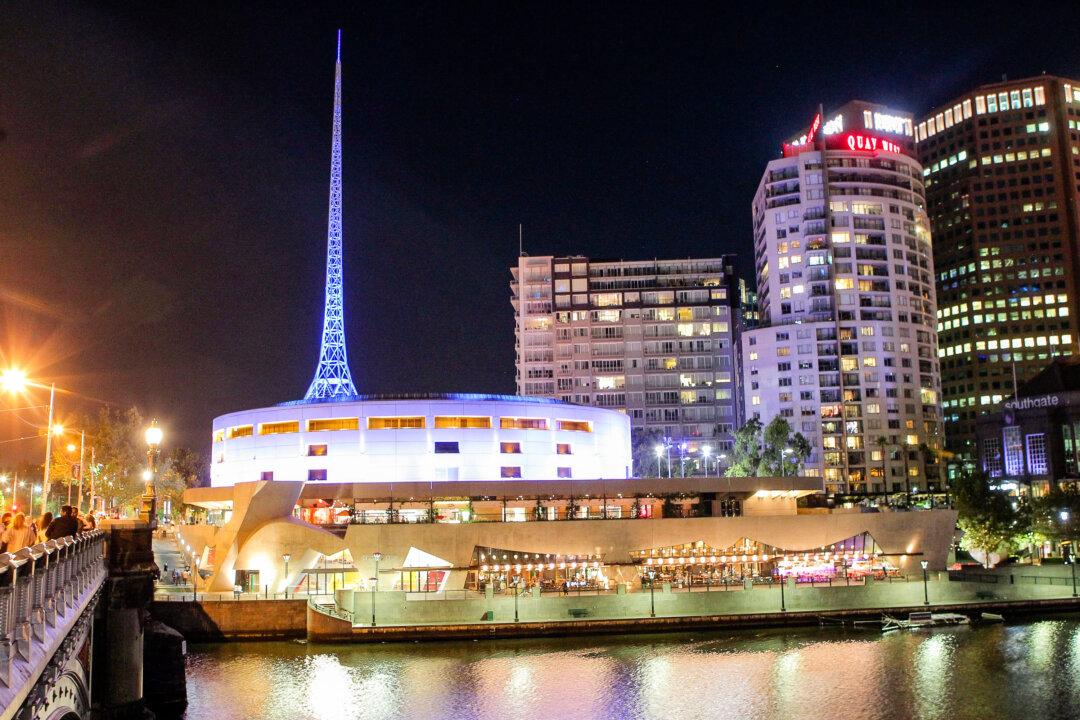A climate action protestor has scaled the spire of the Arts Centre Melbourne to unfurl a banner protesting climate change.
On April 28, the Extinction Rebellion protestors unfurled a large banner across the spire reading, “Occupy for Climate 2023.”


A climate action protestor has scaled the spire of the Arts Centre Melbourne to unfurl a banner protesting climate change.
On April 28, the Extinction Rebellion protestors unfurled a large banner across the spire reading, “Occupy for Climate 2023.”